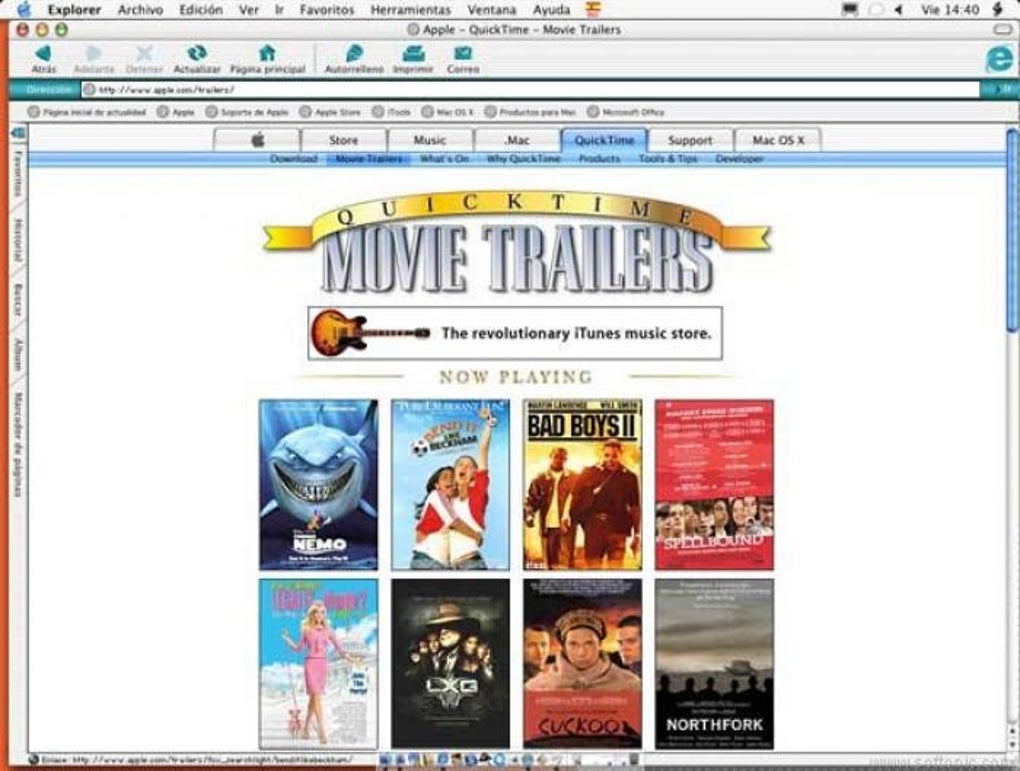Docker Para Mac Docker Demonio Enlazar A Localhost
Join GitHub today
Estoy tratando de usar Doctrine 2 (para Symfony 2) para conectarme a. For repetitive queries, so every new query is still slow. Yml and a Dockerfile. Connection to a MS SQL Server from Symfony / Doctrine on Mac or Linux; API Platform 2. No se puede conectar al servidor RabbitMQ en localhost; Conectar Doctrine 2 a. Jun 10, 2017 Aprenda aqui a subir imagens docker para o dockerhub docker ps –a docker commit imagem repo docker push repo docker login -username=maryatdocker -email=mary@docker.com https://hub.docker.com.
GitHub is home to over 50 million developers working together to host and review code, manage projects, and build software together.
Sign upHave a question about this project? Sign up for a free GitHub account to open an issue and contact its maintainers and the community.
By clicking “Sign up for GitHub”, you agree to our terms of service and privacy statement. We’ll occasionally send you account related emails.
Already on GitHub? Sign in to your account
Comments
commented May 25, 2017
Expected behavior
Actual behaviorInformationoriginal post: moby/moby#26851 (comment)
Diagnostic ID: 998E3AE1-759F-44F8-8C81-EC2506529371 DNS resolution works fine in other tools. e.g. It is notable that this only happens for me at home (comcast cable modem + Google OnHub router), but not at work. At home I'm not using a VPN or anything else interesting. Steps to reproduce the behavior
|
commented Mar 23, 2018
Issues go stale after 90d of inactivity. Prevent issues from auto-closing with an If this issue is safe to close now please do so. Send feedback to Docker Community Slack channels #docker-for-mac or #docker-for-windows. |
Docker Desktop for Mac provides several networking features to make iteasier to use.
Features
VPN Passthrough
Docker Desktop for Mac’s networking can work when attached to a VPN. To do this,Docker Desktop for Mac intercepts traffic from the containers and injects it intoMac as if it originated from the Docker application.
Port Mapping
When you run a container with the -p argument, for example:
Docker Desktop for Mac makes whatever is running on port 80 in the container (inthis case, nginx) available on port 80 of localhost. In this example, thehost and container ports are the same. What if you need to specify a differenthost port? If, for example, you already have something running on port 80 ofyour host machine, you can connect the container to a different port:
Now, connections to localhost:8000 are sent to port 80 in the container. Thesyntax for -p is HOST_PORT:CLIENT_PORT.
HTTP/HTTPS Proxy Support
See Proxies.
Known limitations, use cases, and workarounds
Following is a summary of current limitations on the Docker Desktop for Macnetworking stack, along with some ideas for workarounds.
There is no docker0 bridge on macOS
Because of the way networking is implemented in Docker Desktop for Mac, you cannot see adocker0 interface on the host. This interface is actually within the virtualmachine.
I cannot ping my containers
Docker Desktop for Mac can’t route traffic to containers.
Per-container IP addressing is not possible
The docker (Linux) bridge network is not reachable from the macOS host.
Use cases and workarounds
There are two scenarios that the above limitations affect:
I want to connect from a container to a service on the host
The host has a changing IP address (or none if you have no network access). From18.03 onwards our recommendation is to connect to the special DNS namehost.docker.internal, which resolves to the internal IP address used by thehost.This is for development purpose and will not work in a production environment outside of Docker Desktop for Mac.
The gateway is also reachable as gateway.docker.internal.
I want to connect to a container from the Mac
Port forwarding works for localhost; --publish, -p, or -P all work.Ports exposed from Linux are forwarded to the host.
Our current recommendation is to publish a port, or to connect from anothercontainer. This is what you need to do even on Linux if the container is on anoverlay network, not a bridge network, as these are not routed.
The command to run the nginx webserver shown in Getting Startedis an example of this.
To clarify the syntax, the following two commands both expose port 80 on thecontainer to port 8000 on the host:
To expose all ports, use the -P flag. For example, the following commandstarts a container (in detached mode) and the -P exposes all ports on thecontainer to random ports on the host.
See the run command for more details onpublish options used with docker run.

